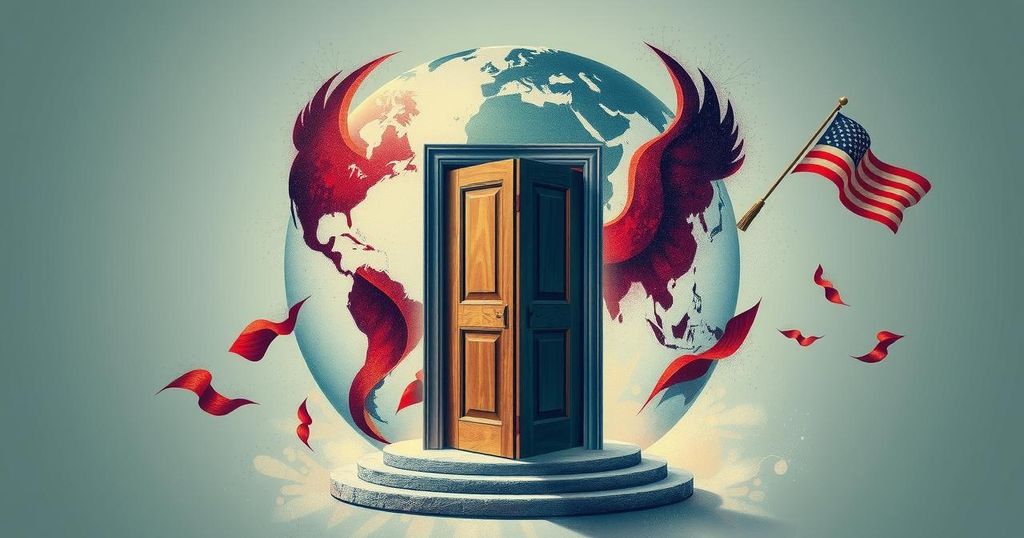S. Jaishankar Asserts Global Democratic Resilience at Munich Security Conference

At the Munich Security Conference, India’s External Affairs Minister S. Jaishankar highlighted the resilience of democracy in India and challenged the notion of global democratic decline. He emphasized high voter turnout and democratic engagement in India, arguing that democracy positively impacts citizens’ well-being, particularly in terms of food security. Jaishankar critiqued the West’s view of democracy and called for an appreciation of diverse democratic models worldwide.
In a session at the Munich Security Conference, India’s External Affairs Minister, S. Jaishankar, addressed the notion of democracy being in jeopardy globally and critiqued Western perspectives on democracy. He asserted that democracy should not be viewed merely as a Western ideal but as a phenomenon that varies globally. Highlighting India’s democratic success, he shared insights from recent elections which saw two-thirds voter turnout, emphasizing the positive trend in democratic participation in India.
Jaishankar responded to claims about democracy’s deficiencies by asserting that the democratic system in India is functioning well and provides substantial benefits. He remarked on the recent elections where significant voter turnout demonstrated engagement and optimism in the democratic process. He illustrated that in regions where democracy thrives, it does indeed contribute to the citizens’ well-being.
On the topic of differing global perceptions of democracy, he remarked, “Actually, in my part of the world, it does because we are a democratic society, we give nutrition support, and food to 800 million people.” This pointed out the direct correlation between democracy and the provision of basic needs in many contexts, countering the Western view that democracy does not influence tangible outcomes like food security.
Furthermore, Jaishankar highlighted the uniqueness of large countries and reaffirmed India’s commitment to a democratic model post-independence. He argued that the West has historically viewed democracy as a characteristic of its own, imposing its standards without considering unique local conditions. His position accentuated the need for honest dialogues about the different experiences of democracy worldwide.
In concluding remarks, Jaishankar urged the West to recognize and embrace successful non-Western democratic models, reflecting on India’s substantial democratic journey despite challenges. He posited that for democracy to flourish globally, there needs to be an acceptance of diverse democratic practices outside the Western paradigm, encouraging a broader understanding of what successful democracy can look like.
In summary, S. Jaishankar firmly defended the state of democracy in India and around the world at the Munich Security Conference. He contended that the notion of global democratic decline is oversimplified and that many democratic nations, particularly India, are thriving. His reflections challenge Western viewpoints and advocate for a broader, more embracing perspective on democracy that includes successful models from the Global South.
Original Source: www.ndtv.com








